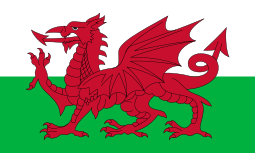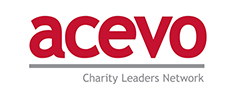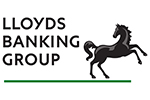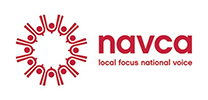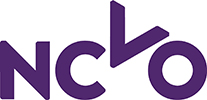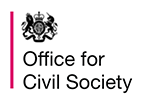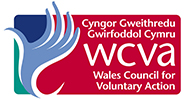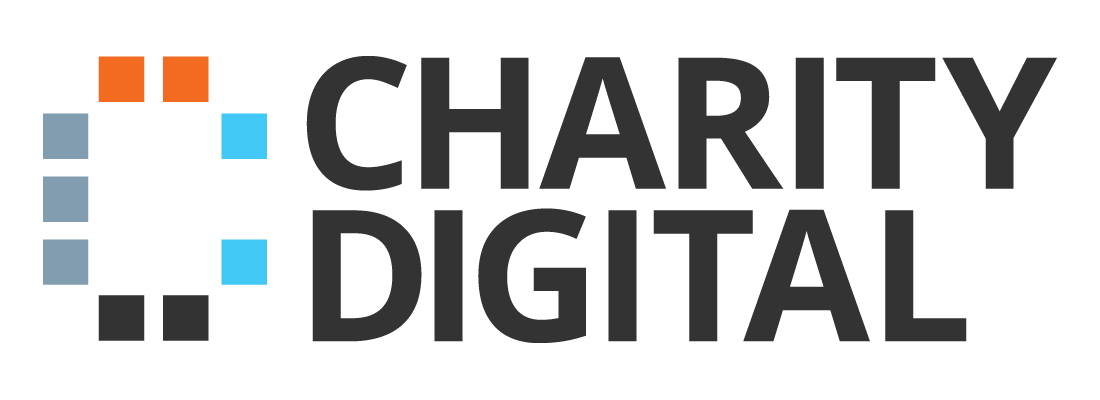Background to The Code
The Charity Digital Code of Practice is an overview of the key areas that charities need to be aware of in digital, and can be used to benchmark their progress.
Who is the Code for?
It supports charities of all sizes, budgets or causes in progressing with digital, offering:
- a consistent framework for the sector to work towards
- resources to help define your next steps, and
- examples of charities who have already started putting the Code into practice
The Code is for charities registered in England, Wales and Scotland. Other organisations, such as small community groups who may not be registered charities, could also find it useful.
The Code’s principles and best practice have been designed to apply to charities of all sizes. We have developed a version for small charities, which we define as being those with an annual income of £1 million or under, and one for larger charities (those who generate over £1 million of income a year).
Why was the Code developed?
Digital is fundamentally changing the way we all live and work, with more than 4 billion people now use the internet, with 3.2 billion on social media across the world.
As people’s behaviours and expectations change, charities need to take action to stay relevant and tap into the potential of digital - the Charity Digital Code of Practice was developed to help them do this.
How should it be used?
The Code should be used as part of how charities benchmark their progress in digital and to inform key decisions in this area. As such, we hope that organisations will use it regularly.
As an example, some charities may wish to make digital a standing item at board and executive team meetings, whether separately or part of other points on the agenda, and if appropriate for their size of organisation.
The Code is broken down into key principles, an explanation of why each matters, what success looks like and the best practice that is needed to achieve it.
In the Code, we have used ‘must’ and ‘should’ to indicate what we see as the minimum standard of good practice and ‘could’ to indicate enhanced best practice.
We’ve assumed that charities will be complying with any legal obligations related to their use of digital, such as data protection legislation and the GDPR.
The Code should be read in conjunction with other codes and best practice guides, including the following:
- The Charity Governance Code
- The section on digital media in the Fundraising Code of Practice
- Cyber Essentials
- The Charity Commission’s digital guidelines for trustees
- CAST’s digital service design standards
- Voluntary Sector Digital Maturity Matrix
- Principles for Digital Development (for NGOs).
We have also assumed familiarity with the charity’s strategy, vision and mission.
If you are looking to develop a product to support the Code, you will need to contact the steering group.

Gillian Murray, CEO, Pilotlight and Code Champion
Who developed the Code?
The Charity Digital Code of Practice has been developed by a steering group of organisations across the sector.
Our steering group is formed of:
- Association of Chief Executives of Voluntary Organisations (ACEVO)
- CAST (The Centre for Acceleration of Social Technology)
- The Charity Commission
- Charity Finance Group (CFG)
- Charity IT Leaders
- Co-op Foundation
- Lloyds Bank Foundation
- Lloyds Banking Group
- NAVCA (the National Association for Voluntary and Community Action)
- NCVO (the National Council for Voluntary Organisations)
- Office for Civil Society
- Small Charities Coalition
- Charity Digital
- SCVO (the Scottish Council for Voluntary Organisations)
- WCVA (Wales Council for Voluntary Action)
- ACF (Association of Charitable Foundations)
- Superhighways
- VONNE
The group’s role is to develop, promote, review, maintain and champion the Code. It has an independent chair, Zoe Amar.
Thank you to the Co-op Foundation and Lloyds Banking Group for funding the development of the Code.
The Charity Digital Code of Practice is part of the Digital Enterprise Delivery Group which Lloyds Banking Group is proud to lead. As part of the Digital Enterprise Delivery Group, Lloyds Banking Group works with supporting partners to drive improvements in digital capability across the UK and with organisations to enable local digital champions’ programmes.
The Charity Digital Code of Practice is part of the Digital Enterprise Delivery Group which Lloyds Banking Group is proud to lead. As part of the Digital Enterprise Delivery Group, Lloyds Banking Group works with supporting partners to drive improvements in digital capability across the UK and with organisations to enable local digital champions’ programmes.
Our founding funders
The Code would not have been possible without the funders who first supported it. Thank you to the Co-op Foundation and Lloyds Banking Group.
Year 2 funders
Our founding funders have been joined by Charity IT Leaders and CISCO who are also supporting us this year. The Code is being incubated by the Centre for Acceleration of Social Technology (CAST) as part of Catalyst, a charitable initiative which aims to increase the sector’s capability around digital. Catalyst is funded by DCMS, The National Lottery Community Fund, Esmee Fairbairn, Comic Relief, Paul Hamlyn Foundation, City Bridge Trust and Coop Foundation.
Our tech partners
The new Code website has been designed and created by our development partner, Third Sector Lab.
